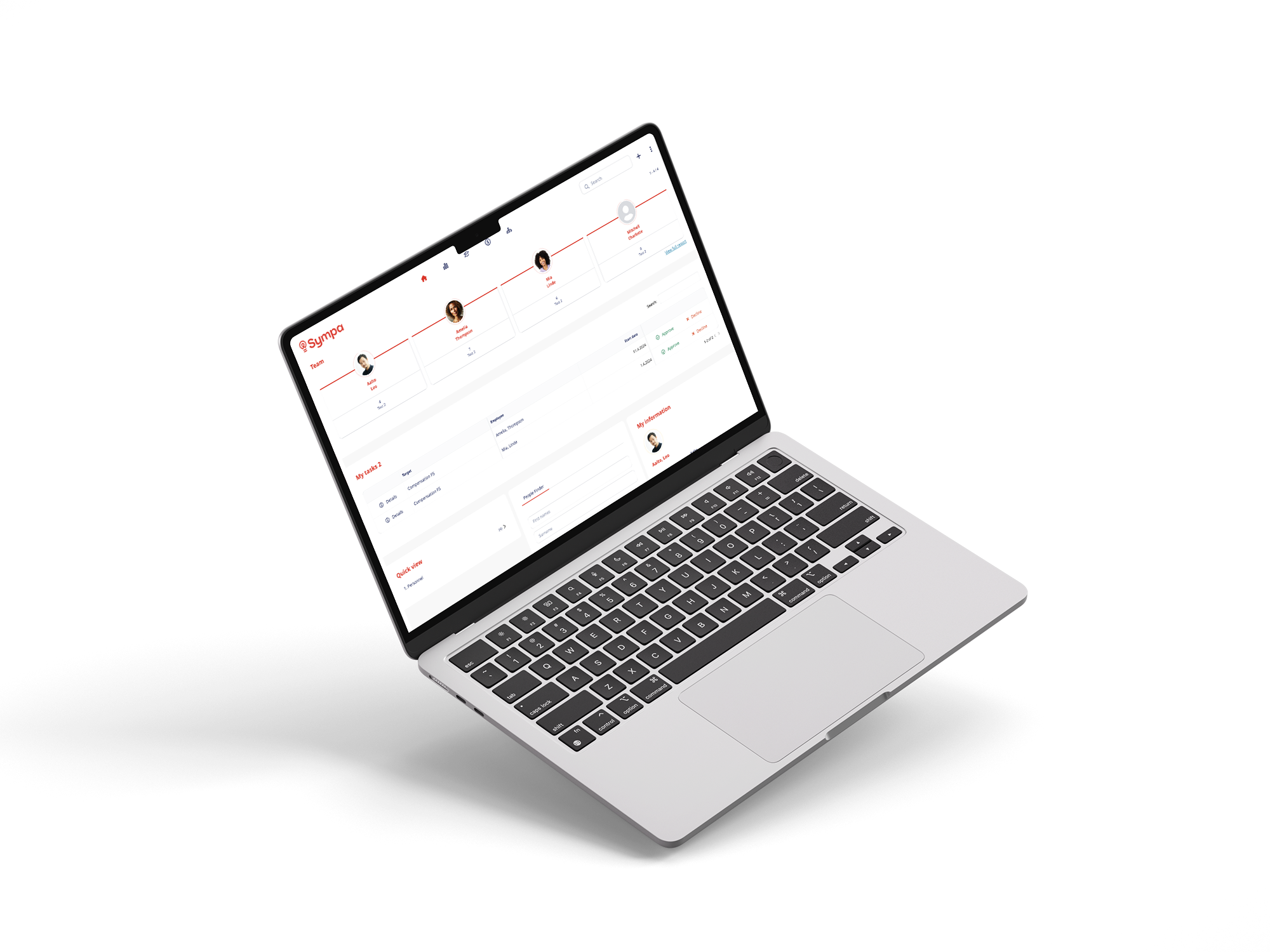Stay up to date
Sign up to our newsletter and receive the newest insights to your inbox.

Sign up to our newsletter and receive the newest insights to your inbox.

Receive the newest HR insights to your inbox.
Subscribe to our newsletter
Marketplace